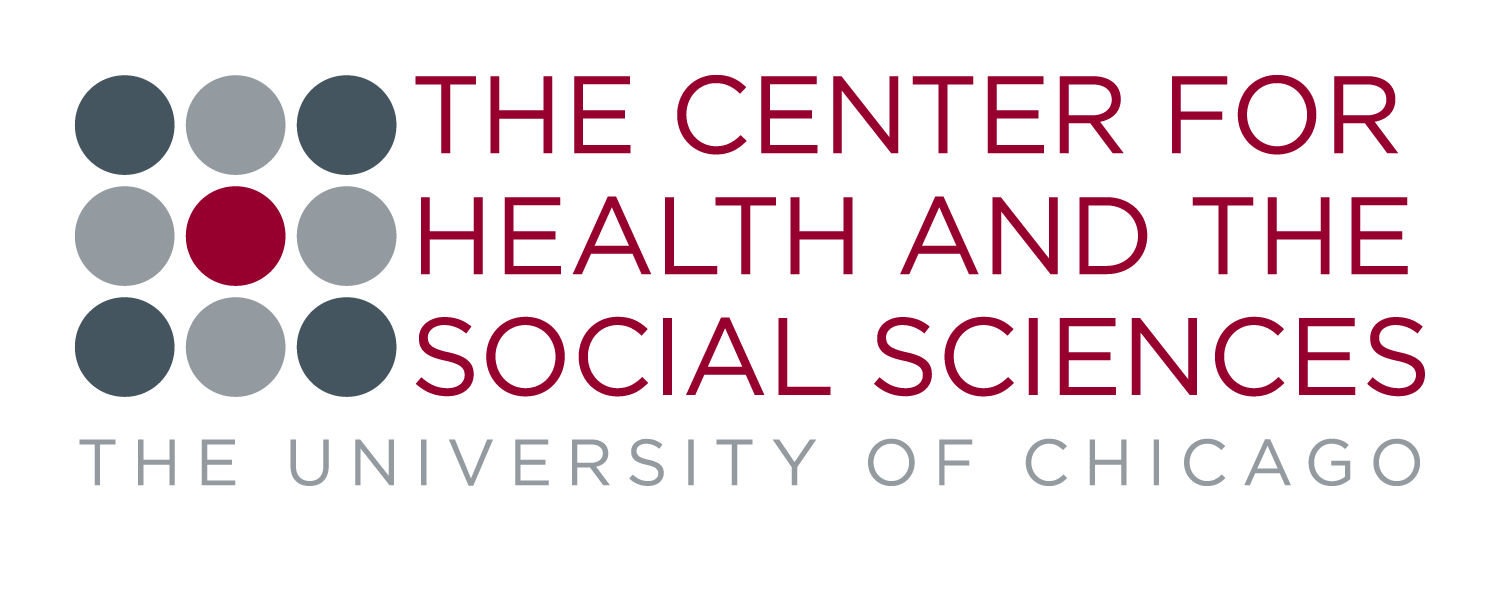Dental Health of Hospitalized Patients
PI: David Meltzer, MD, PhD
It has been known for centuries that dental health and systemic health are linked. For example, the effects of diabetes and tobacco use on dental health, and of dental health on nutrition and bloodstream infections, are well known. New connections, such as those between dental and cardiovascular health, continue to be discovered. However, care for medical and dental problems is usually less coordinated than we might expect. Moreover, receiving regular dental care may be especially difficult for persons with low levels of income, limited education, or serious illness.
Although hospitalization is usually precipitated by acute illness, hospitalization provides opportunities to develop plans to address sub-acute health concerns before they progress. For this reason, studies that explore the dental health problems of hospitalized patients and demonstrate effective interventions could alter the practice of hospital medicine nationally. Such studies could also expose the consequences of policies that affect dental health, such as recent cuts in dental coverage by Illinois Medicaid. To date, studies of dental health among hospitalized patients have been limited to analyses of administrative data that assess rates of hospitalization for diagnoses resulting from oral health problems. Data describing the dental health of hospitalized patients and how often hospital-based clinicians identify and respond to these dental health problems are badly needed.
Studying the dental health of hospitalized patients is especially important because they often have multiple health conditions that increase their risk for dental health problems, and because they may be less likely to receive regular dental evaluations or treatment. As a first step, we will seek to quantify the magnitude of dental health problems among the socioeconomically diverse population of general medical patients at the University of Chicago and determine how often dental health problems are currently identified and treated in this population. In future studies, we will develop research tools to more efficiently study dental health in hospitalized patients so that we can readily extend our findings to other institutions and develop insights into the design and testing of interventions to improve care for hospitalized patients.
This research project will use patient-reported measures of dental health and access to dental health care to assess the dental health of a random sample of 1,000 adult patients hospitalized at the University of Chicago Medical Center. Using intraoral cameras, we will collect objective data on tooth loss, dental caries, and gingival disease for a subset of 500 patients. We will also survey health care providers to assess attitudes and behaviors related to dental health assessment and treatment. These data will help determine whether a large fraction of hospitalized patients have dental health problems, either known or unknown to them; if lack of insurance or other barriers to treatment exist; and if providers have failed to identify dental health issues in these patients.
Using the patient data, the research team will develop a model to predict the likelihood of dental health problems and/or dental problems not identified or addressed by providers. This information will be used to create an automated system to target appropriate patients, efficiently conduct research, and improve clinical care. In addition, the researchers will engage a social worker to work with a subset of hospitalized patients enrolled in the Comprehensive Care Program (CCP) who are identified as having unmet dental needs to connect them to dental care. This experience is required to design future interventions to improve dental health care for patients who have been recently hospitalized.
